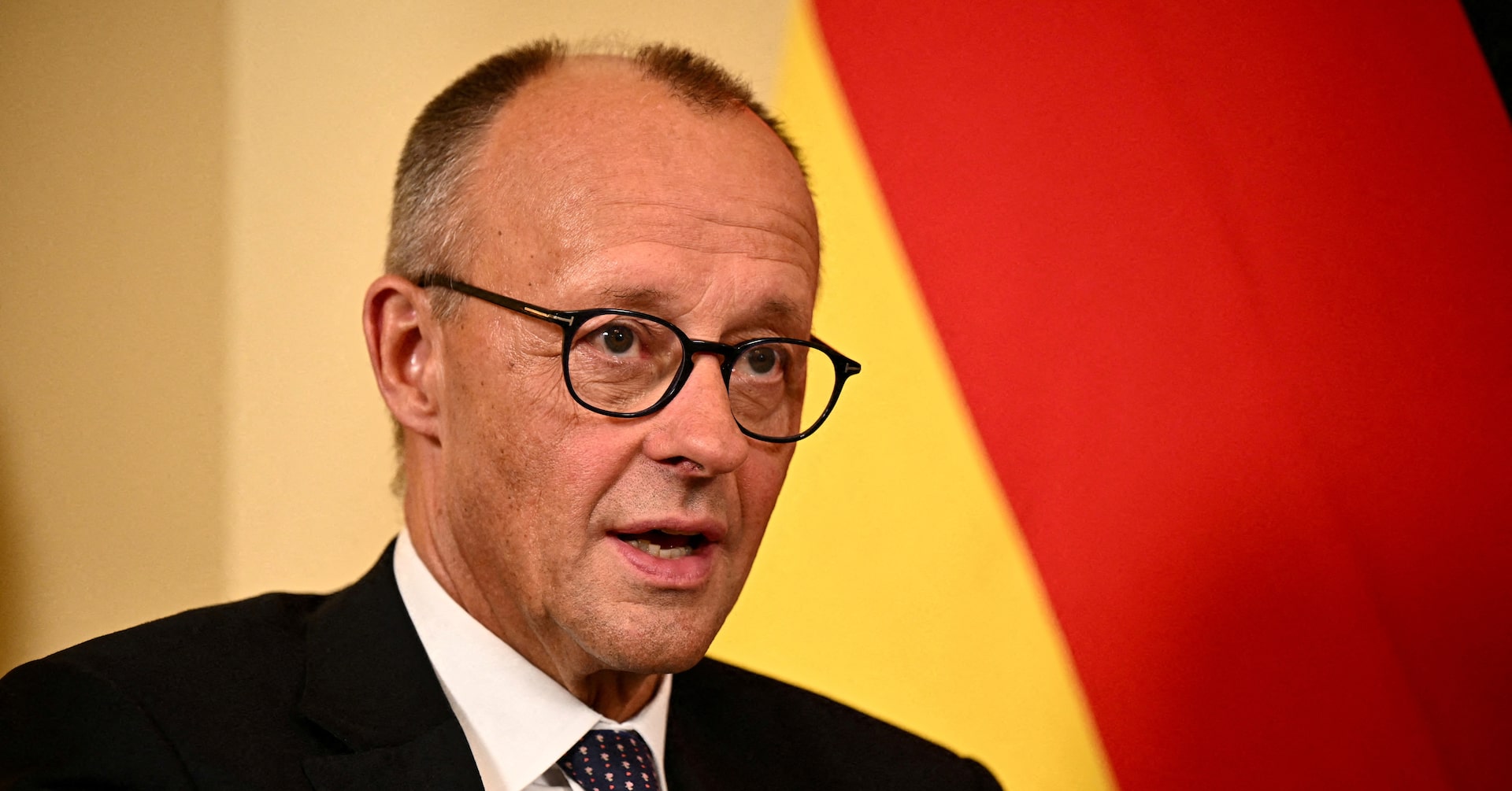BERLIN, July 28 (Reuters) – German Chancellor Friedrich Merz expressed disappointment with the outcome of recent trade negotiations between the European Union and the United States. He acknowledged that while the agreement was not ideal, it represented the best possible result given the circumstances. Merz warned that the German economy would face significant challenges due to the tariffs included in the deal.
The agreement, announced on Sunday, imposes a 15% import tariff on most EU goods. This rate is lower than the 30% previously threatened by former U.S. President Donald Trump but higher than the zero-for-zero agreement initially hoped for by European negotiators.
Merz noted that the deal reduces the existing tariff on European automotive imports from 27.5% to 15%, which he described as a partial relief for Germany’s auto industry, a critical sector of the national economy.
However, he emphasized that the remaining tariffs, particularly the 15% rate on EU exports to the U.S. compared to zero for imports into the EU, would place a substantial burden on Germany’s export-driven economy. “I am not satisfied with this result in the sense of: ‘This is good.’ But I do say that, given the starting point we had with the United States, more simply wasn’t achievable,” Merz stated during a press conference in Berlin.
He praised the European Commission for its persistent negotiations with U.S. counterparts, highlighting the involvement of the German, French, and Italian governments in the discussions. “I personally did not expect more than this result,” he added.
Reporting by Sarah Marsh; Editing by Rod Nickel
